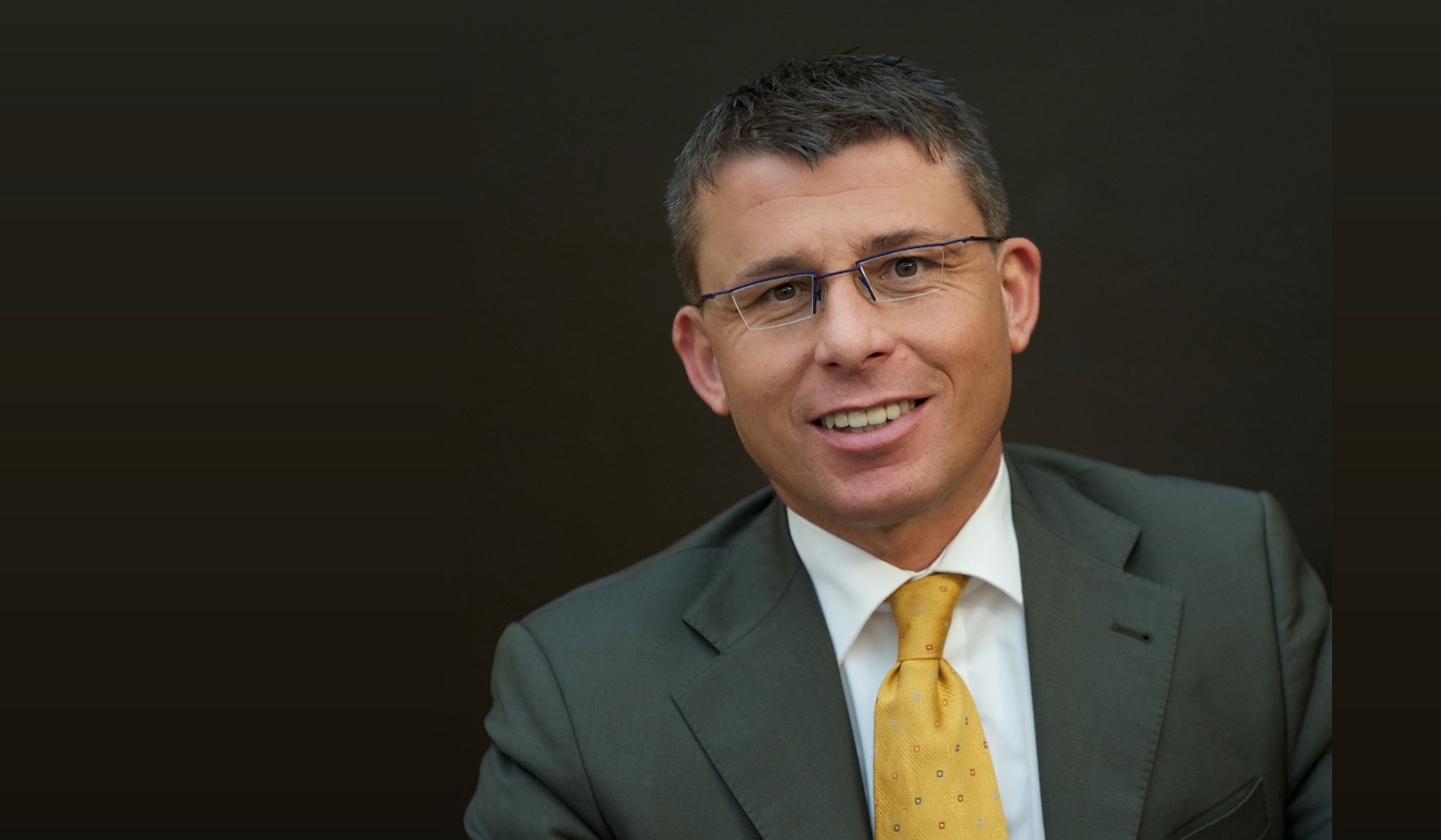Professor Gerhard Mangott shares his views on the current state of EU-Russian relations, the current EU gas crisis and the role of the EU Commission, the US and its NATO allies in this, Russian foreign policy vis-à-vis Europe, the EU’s sanctions policy, nuclear sharing and the future geopolitical landscape between the EU, US, China and Russia. Professor Mangott pleads for the resumption of a dialogue with Russia. Pushing Russia towards China will ultimately weaken the West and likely lead to unintended consequences.
Diana Mautner Markhof, 29 October 2021
Professor Gerhard Mangott, internationally well-known scholar and expert on Russia, Ukraine, arms control, proliferation, as well as the European Union’s energy security in the oil and gas sectors, gave iGlobenews an exclusive interview to discuss EU-Russian security relations, the impact of the current gas crisis on EU-Russian energy relations and how he sees EU-Russia relations developing.
Russia’s Foreign Minister Serge Lavrov summarized Russia’s position towards the EU during his Beijing visit in March 2021: “We no longer have any relationship with the institutions of the EU”. Russia has always tried to ‘bilateralize’ relations with the major European powers and has neglected the EU institutions. Russian diplomats do not see the benefit of talking to smaller countries such as Slovenia, Latvia and Estonia. Russia disregards the EU and focusses on Berlin, Rome, Paris and London as its counterparts. The EU is seen as weak and a ‘vassal’ of the US, where Russia sees EU foreign policy is being made.
Professor Mangott explained how Europe and Russia ended up in this seeming dead end. He points out that too often issues are simplified. While the EU wants to appear strong and united, in the Russian perception it is weak and divided. Yet the AUKUS deal by excluding any EU power, notably France, could backfire on President Biden and his goal of a united front against China. What has been called ‘a stab in the back’ for France could end up being a blessing in disguise for Europe. Biden’s effort to build a strong anti-China western alliance seems less likely than ever, as France is set on engaging China.
Issues surrounding Russia do not get the required media coverage. This also applies to the current energy crisis Europe finds itself in. Russia is often accused of withholding gas and provoking this crisis on purpose – an opinion Professor Mangott does not share. He calls for a closer look at all the players in this gas issue. The project could have been up and running two years ago and shipping 55 billion cubic meters of gas to Europe. Yet delays to Nord Stream 2 caused by US sanctions and the threat of secondary sanctions, coupled with constant interventions by Poland and the Baltic states have contributed to the current gas crisis. “It is not unfair to say thank you to the Eastern Europeans and the US for delaying the pipeline”. Mangott does not believe that a new Social Democrat German Chancellor would make any difference, as the registration certification is obligatory for meeting the norms of the EU Gas Directive.
Europe’s energy crisis is also a result of many mistakes in the energy policy sector on the part of the European Commission over the past 10 years. It was the European Commission which encouraged its Member States not to sign long-term contracts with Gazprom ‘with a traditional price formula’. Instead, the EU encouraged Member States to purchase gas on the spot market. This policy has now backfired with prices on the gas spot market rising to an unprecedented level due to high global demand for gas. The reasons for this lie in the growing Asian economies, the rebounding of European economies, the weak indigenous supply of wind power in Europe this year and the cold weather in China, to name a few. With no quick fix for this dilemma on the horizon, Europeans should brace themselves for an expensive, cold winter.
The EU consumes almost 500 billion cubic meters of gas per year. According to Professor Mangott, external political pressure, particularly from the US, to gain more independence from Russian gas ‘are simply unrealistic’. At present, there are no feasible options for alternative suppliers and it is simply not feasible for Europe to rely on renewables for power generation, especially if nuclear power is not considered sustainable, if coal is in the midst of a phase-out, and if gas supplies are not increased as a bridge to a de-carbonized economy. Ursula von der Leyen’s flagship project, the Green New Deal, could be dead on arrival.
Europe’s weakness in foreign policy is matched by its weakness in the military sphere. This is also reflected in the question of nuclear sharing. Nuclear sharing refers to bilateral nuclear cooperation agreements between the US and some of its NATO allies to implement US extended deterrence. Five NATO allies – Italy, Germany, Turkey, Netherlands and Belgium – have accepted the stationing of US nuclear weapons on their territories and provide for their own armed forced to deliver these weapons in times of war.
Professor Mangott does not see the new German government in a position to move away from this long-standing policy, mainly due to the influence of the Green Party. The Green Party in Germany is highly anti-Russian. Ironically, an anti-nuclear party has now become the most vocal pro-nuclear-weapons party. Macron’s 2019 now famous statement that NATO is “brain dead” comes to mind. Despite criticism of NATO, he says most European NATO members are committed to keeping NATO intact, despite weaker US commitment.
Professor Mangott sees EU and US sanctions’ policy vis-à-vis Russia as failed. It has hurt Europe far more than the US and prompted Russia to turn eastward, facilitating not a military alliance but a close coordinated partnership between Russia and China. Only a small community of strategic analysts and political scientists have dared to criticized this policy. John Mearsheimer has argued that the West should be more forthcoming to Russia so as to loosen Russia’s ‘cooperative entente’ with and dependence on China. Professor Mangott also sees the need of a European initiative for improving relations with Russia. While Germany and France, supported by Italy, Austria, Greece, Cyprus to mention a few, aim to re-establish dialogue with Russia, the Baltic states, Poland and Rumania are strictly opposed to this.
Yet these voices for dialogue with Russia are few and far between. The academic community, foreign policy establishments in Washington and Europe and MSM believe that the US and the EU are strong enough to balance Russia and China at the same time. Maybe the time has come to remember the approach suggested by President Frank-Walter Steinmeyer during his tenure as Germany’s Foreign Minister in 2016. He pleaded for a ‘step-by-step’ approach when easing sanctions against Russia. The EU would be wise to listen to those who say that Europe needs an independent foreign policy, or we all might be faced with the unintended consequences of this new old division.





